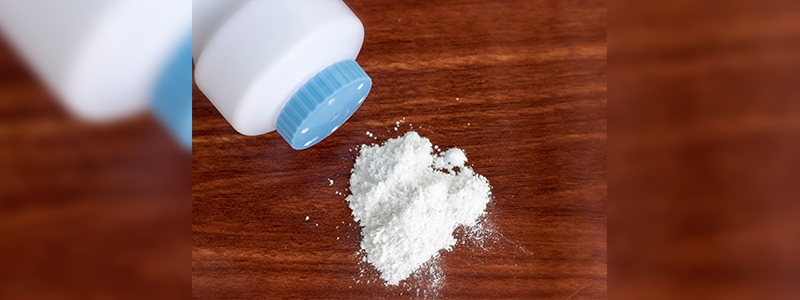Cosmetic Giants Withdraw From Using Talc In Products
Cosmetic Giants Withdraw From Using Talc In Products

Introduction
Three biggest cosmetic manufacturers Chanel, Revlon, and L'Oreal, have joined Johnson & Johnson's (J&J) move of removing talcum powder from their products due to growing concerns over the mounting cancer lawsuits.
Chanel removed talc from a loose face powder and dropped a talc body powder, Revlon Inc removed talc from its body products, and L'Oreal SA is searching for alternatives for the minerals, as reported by the companies. Chanel, which will continue to use talc in other products including pressed powder, blush, and eye shadow, said all the talc it uses is "selected according to strict purity criteria, fully complies with current global regulations, and is safe under standard conditions of cosmetic use."
Last month, J&J decided to stop selling its talcum products in the U.S. and Canada due to a decline in consumer demand and claiming misinformation about the safety of the products.
The manufacturers and distributors of talcum powder are involved in several lawsuits, each alleging that the asbestos present in the talc causes different forms of cancer. Asbestos is a compound of six naturally occurring silicate minerals that are resistant to heat, corrosion, and some chemicals. Asbestos is harmful to our health. According to the International Agency on Research for cancer, all types of asbestos are listed as "carcinogenic to humans." A carcinogen is defined as a substance that tends to cause cancer. It is considered a carcinogen because of the effects asbestos fibers can have on the human lungs.
Since 2013, many cancer lawsuits have been filed against Johnson & Johnson (J&J). In 2017 Allegations started that asbestos contamination caused plaintiffs’ cancers. Other makers of talc powders also face lawsuits, including Revlon, Chanel, and Avon, securities filings, and court records show.
Talc powder is used in many cosmetics and personal care products to absorb moisture in products, prevent caking, and increase smoothness.
In an analysis conducted last year by the U.S. Food and Drug Administration, asbestos was actively found in 9 out of 52 talc-containing cosmetic products, all of which were recalled voluntarily. The FDA is analyzing 50 more samples this year and is considering establishing an asbestos testing standard.
The talcum lawsuits are consolidated under multidistrict litigation (MDL) no. 2738, presided by the U.S. District Judge Freda L. Wolfson and U.S. Magistrate Judge Lois H Goodman.
Latest News
Texas Trial to Decide J&J’s $10B Talcum Powder Settlement
A high-stakes trial in Texas will determine whether Johnson & Johnson (J&J) can resolve tens of thousands of talcum powder cancer lawsuits through a…




